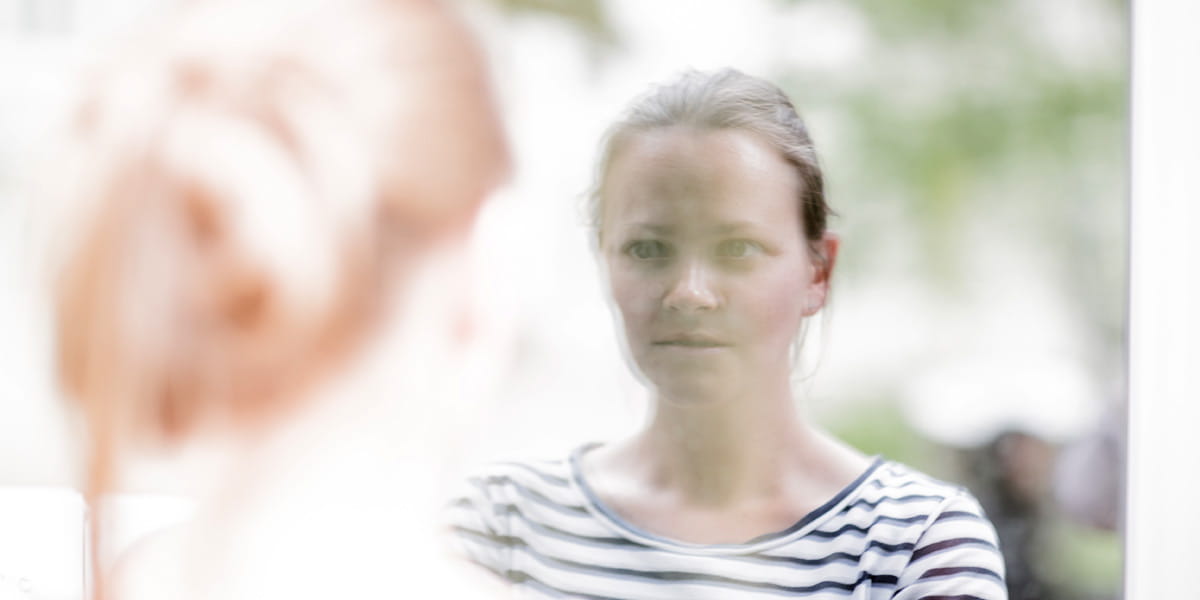This is an online version of our MA Refugee Care, designed specifically for interactive, online delivery. This course is taught through distance learning meaning the entire year, or two years, of the course is taught online with no face-to-face, in-person teaching. Where possible, flexibility will be exercised to accommodate different time zones. You will graduate with the same qualification as our campus based MA.
Interested in the course but want to study on campus? Read about our campus based course instead.
Founded in 2004, this unique course brings together people from diverse walks of life and parts of the globe to explore how we can therapeutically care for refugee people more effectively. Whereas other institutions and courses focus on the study of refugee people, our course focuses on the caring of them, on how we can intervene therapeutically to support this segment of our society.
Even before the Covid-19 pandemic, there was demand to offer this course online and we approved an online option of the MA Refugee Care course, which is identical in content (number of teaching modules, their structure and themes), and equal in value and experience. This option enables students anywhere in the world to take this course without reducing its quality, whilst they continue to live in their own localities and retaining with their existing employment.
Through lively seminar discussion we unpack the experiences of involuntarily dislocated people as multi-dimensional and complex, and explore psychosocial perspectives and different types of intervention and activism. We discuss how we become more therapeutic in our work with them as a distinct skill, different from offering psychotherapy. Through our course, you gain practical expertise in challenging negative and limiting stereotypes of asylum seekers and refugee people as being merely traumatised individuals, passive recipients of help. You also gain new insight into effective humanitarian work with these individuals, families and communities. The course provides you with the tools to discern the suffering, pain and distress of these people, whilst also appreciating their retained strengths (Resilience) as well as their new strengths that they acquired from being exposed to adversity (Adversity-Activated Development). This programme is closely associated with the Centre for Trauma Asylum and Refugees.
Our course teaching staff are made up from the multidisciplinary practitioner expertise of the Department of Psychosocial and Psychoanalytic Studies, guest speakers who are world experts in the field, activists, academics and practitioners. You will learn our unique, innovative and proven approach enabling you to work directly with involuntarily dislocated people, combining theory and practice. We offer valuable opportunities to gain first-hand experience through supportive work placements, which are individually tailored to your needs and further professional development.
Students often come with a wealth of professional or other experience in fields such as education, nursing, social work, human rights, law, politics, philosophy, psychology, therapy, medicine, art, literature and media studies. We also welcome people coming to Refugee Care anew, with an interest in working directly with refugee people, asylum seekers or other involuntarily dislocated groups of people, or conducting conceptual or empirical research in this area. Students may successfully combine study on our course with part-time work with charity sector organisations.
The focus of this course is on the human experience and lived realities, and on how to intervene therapeutically to improve them, with topics studied including:
- Psychosocial perspectives to human rights interventions
- Complexities of victimisation in Severe Forms of Collective Adversity
- Psychosocial meanings of home and the implications of loss of home
- Systemic and dynamic complexities of the refugee experience
- Contingencies of identifying needs and therapeutic responses to them
- Theory and scope of the psycho-social approach to refugee care
- Psychodynamic and systemic approaches to refugee care
- Theories of trauma, PTSD, resilience and adversity-activated development
- Wider parameters within which the refugee condition is located and constructed
- Organisational dimensions
- Conceptualising research in this field
Placement
The Placement is an integral part of the MA Refugee course, putting theory to practice. Staff will help you find an appropriate placement that best matches your interests and career goals using our extensive connections and the Essex graduate network. For the online option of this course, placements are arranged either online or with a local relevant organisation that you have access to.
Scholarships
We have welcomed many Chevening recipients on this course over the years, as well as students from refugee situations and backgrounds. A range of scholarships and bursaries are available to students studying this course, including our Refugee Bursary amongst others.
The Department of Psychosocial and Psychoanalytic Studies is offering scholarships to assist postgraduate students taking the full-time on-campus or online MA Refugee Care course within the Department. The scholarship, which is open to all successful applicants to either of these two courses, covers all the university fees. For further information and details on how to apply please visit the Essex Futures Refugee Care Scholarship webpage.









